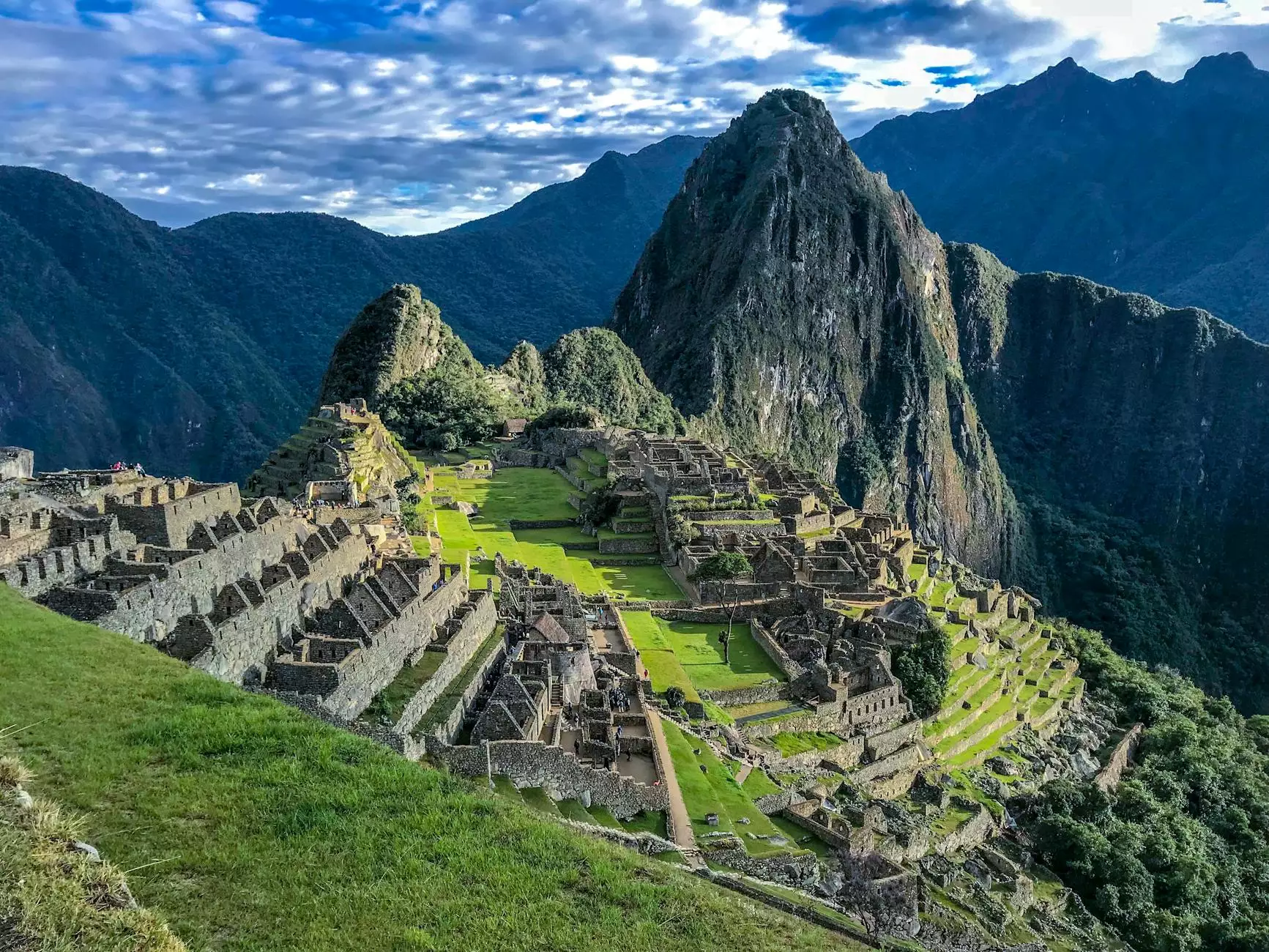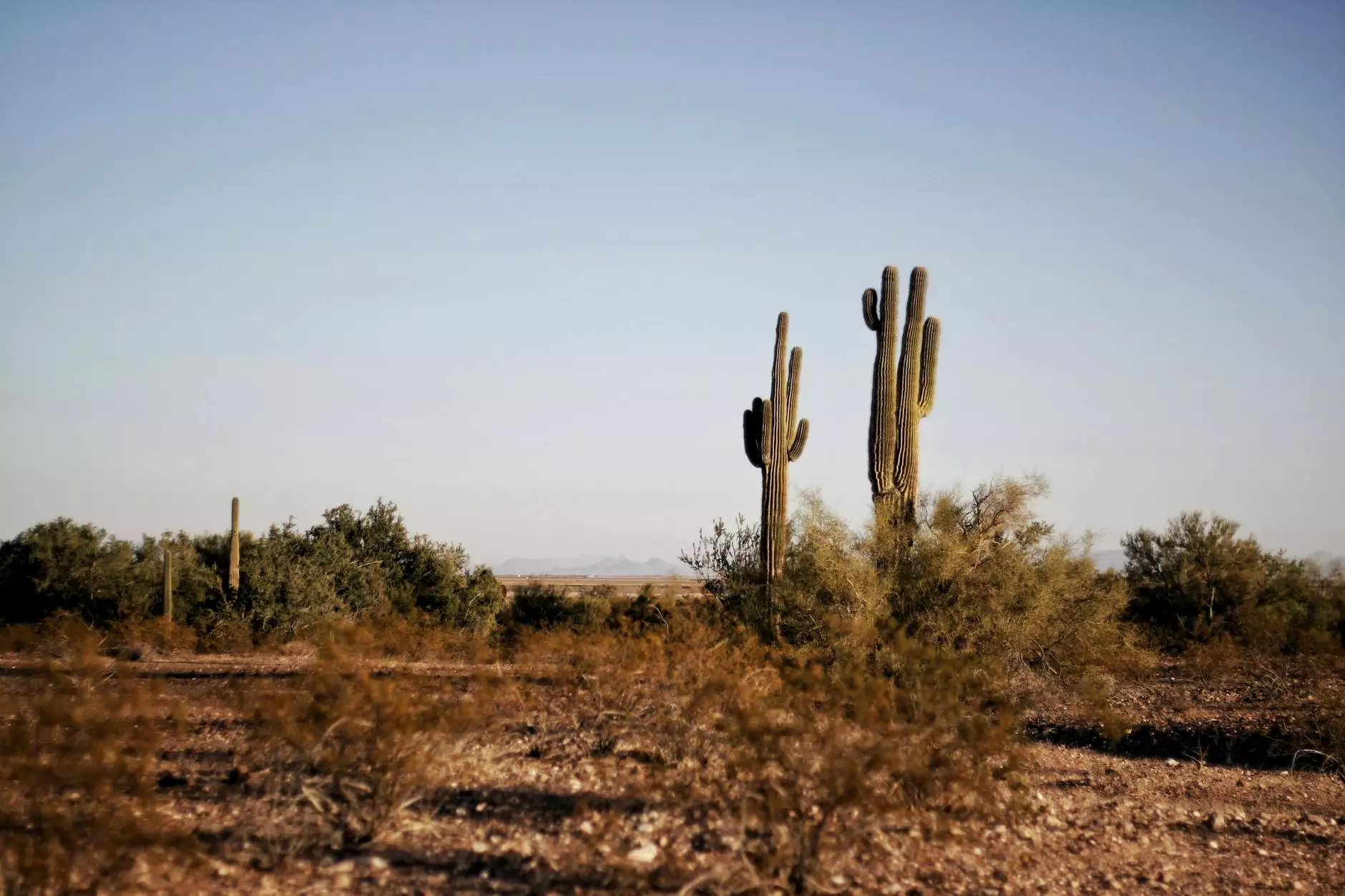Machu Picchu Protest: Understanding the Impact on Tours and Travel Services

The MachupicchuPath.com domain stands at the heart of a rich tapestry woven with the threads of culture, heritage, and adventure in the iconic site of Machu Picchu. However, recent protests have stirred a wave of concern within the tourism industry, challenging both travel agents and service providers to adapt to an evolving landscape. In this article, we dive deep into the *Machu Picchu protest* phenomenon, exploring its implications for travelers, businesses, and the local economy.
1. The Cultural Significance of Machu Picchu
Machu Picchu, a UNESCO World Heritage Site, is more than just an archaeological wonder; it is a symbol of the Incan heritage and a critical component of Peru's cultural identity. As one of the most visited attractions in the world, it draws millions of tourists each year, contributing significantly to the region's economy.
1.1 Historical Context
Built in the 15th century, Machu Picchu served as a royal estate and religious site for the Incas. Its architectural brilliance and stunning location high in the Andes mountains showcase the advanced engineering skills of ancient civilizations. Preserving such rich history is vital, and this is where the recent protests come into play.
2. The Rising Protests: What You Need to Know
In recent months, *Machu Picchu protests* have emerged due to various concerns, primarily related to environmental protection, preservation of cultural sites, and the impacts of mass tourism. Unsustainable tourism practices have raised alarm among locals and activists, prompting demonstrations to protect their heritage.
2.1 Causes of the Protests
- Environmental Concerns: The influx of tourists has led to increased waste, pollution, and degradation of the surrounding natural landscape.
- Cultural Heritage: Locals fear that their cultural identity is under threat due to commercialization and the overwhelming presence of foreign tourism.
- Economic Disparities: Many residents feel they are not benefiting equitably from the revenues generated by tourism.
3. Impact on Tourism and Travel Agents
The protests have had a noticeable impact on tours and travel services. Tour operators are faced with a dual challenge: maintaining their business while responding sensitively to the concerns raised by protesters. Here’s how the situation is evolving:
3.1 Changes in Tourist Numbers
In light of the ongoing protests, there has been a fluctuation in tourist numbers. Many travelers are reconsidering their plans, leading to a significant impact on bookings. Travel agents must navigate the uncertainties effectively.
3.2 Strategies for Adaptation
Travel agents can adopt several strategies to adapt to the situation:
- Flexible Booking Policies: Implementing changes in booking policies to accommodate travelers who may wish to cancel or reschedule due to protests.
- Alternative Tours: Offering alternative routes and experiences that uphold the principles of sustainable tourism.
- Engagement with Locals: Creating partnerships with local communities to ensure that tourism directly benefits them.
4. How to Navigate Machu Picchu Tours During the Protests
If you are planning a visit to Machu Picchu amidst the protests, here are some practical tips:
4.1 Stay Informed
Before traveling, it is crucial to stay updated on the latest news regarding the *Machu Picchu protest*. Following local news sources and consulting your travel agent can provide valuable insights.
4.2 Book with Reputable Travel Agents
Selecting a travel agency that prioritizes sustainable practices can enhance your experience and contribute positively to the local community.
4.3 Consider Off-Peak Visits
Visiting during off-peak times can often result in a more tranquil experience while also reducing pressure on local resources.
5. The Future of Tourism in Machu Picchu
Looking forward, the future of tourism in Machu Picchu hinges on finding a balance between attracting visitors and preserving the local culture and environment. New strategies focusing on sustainable tourism practices are essential for the longevity of this world-renowned site.
5.1 Advocacy and Awareness
Raising awareness regarding the challenges faced by local communities and the environment is vital. Tour operators should advocate for responsible tourism to promote a healthy relationship between tourists and locals.
5.2 Community Involvement
Engagement with the local community can be transformative. By involving local voices in tourism planning, the unique needs and concerns of the community will be better addressed.
Conclusion: Navigating Change in Machu Picchu Tourism
The *Machu Picchu protest* has unveiled critical issues within the tourism industry, providing a platform for necessary change. Tourists, travel agents, and local communities must unite to ensure that Machu Picchu remains a vibrant and respected site for generations to come. By prioritizing sustainability and cultural respect, we can transform challenges into opportunities for growth and harmony.
For more information on sustainable tourism practices, please visit our website at MachuPicchuPath.com.



